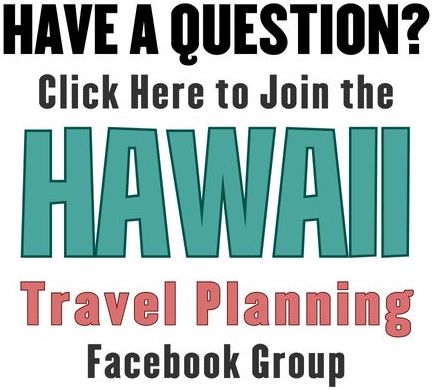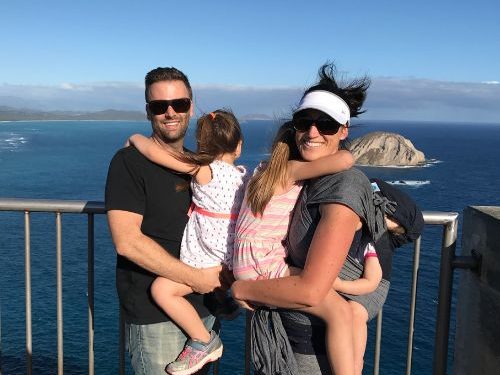Kahanuola also shares tips on how to learn the Hawaiian language, such as listening to Hawaiian music, reading Hawaiian literature, and taking a class or hiring a tutor.
In this episode, you will learn the following:
2. Understand the importance of the Hawaiian words Aloha and Mahalo and the lifestyle they represent.
3. Discover the concept of Kamaaina and Malihini and the different dynamics between foreigners and Hawaii natives.
1. Aloha – Hello/Goodbye/Affection
Pronounced: a-lo-ha
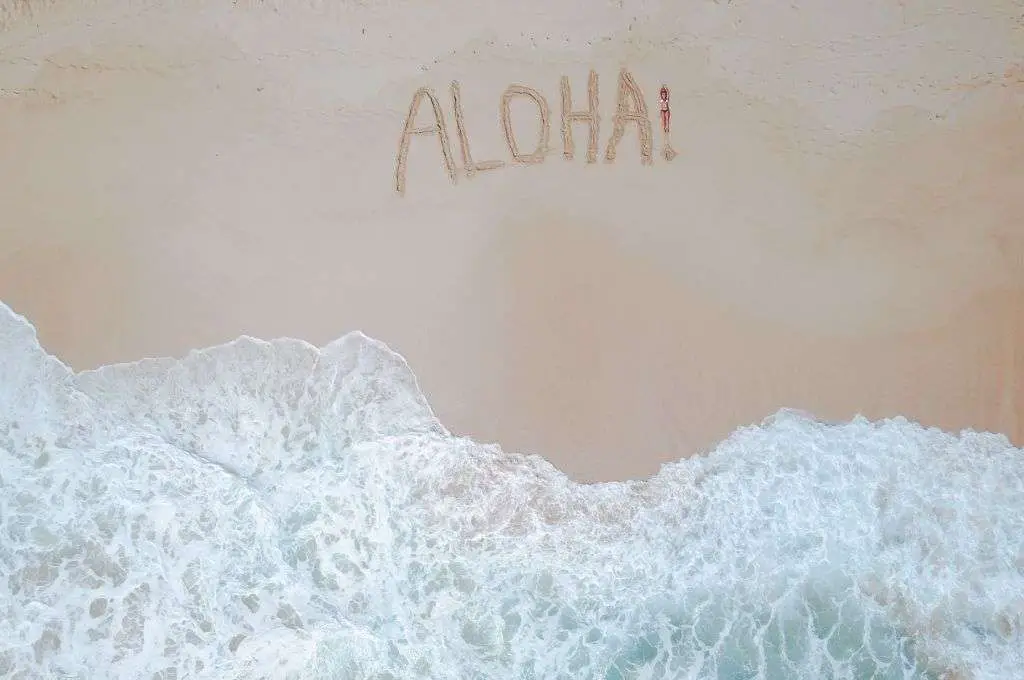
love, affection, compassion, mercy, sympathy, pity, kindness, sentiment, grace, charity; greeting, salutation, regards; sweetheart, lover, loved one; beloved, loving, kind, compassionate, charitable, lovable; to love, be fond of; to show kindness, mercy, pity, charity, affection; to venerate; to remember with affection; to greet, hail. Greetings! Hello! Good-by! Farewell! -source wehewehe.org
Aloha is a beautiful phrase synonymous with joy, respect, and love. It’s used in Hawaii for more than just saying ‘hello’ – it symbolizes a wish for peace and kindness throughout life.
2. Mahalo – Thank you
Pronounced: mah-hah-loh
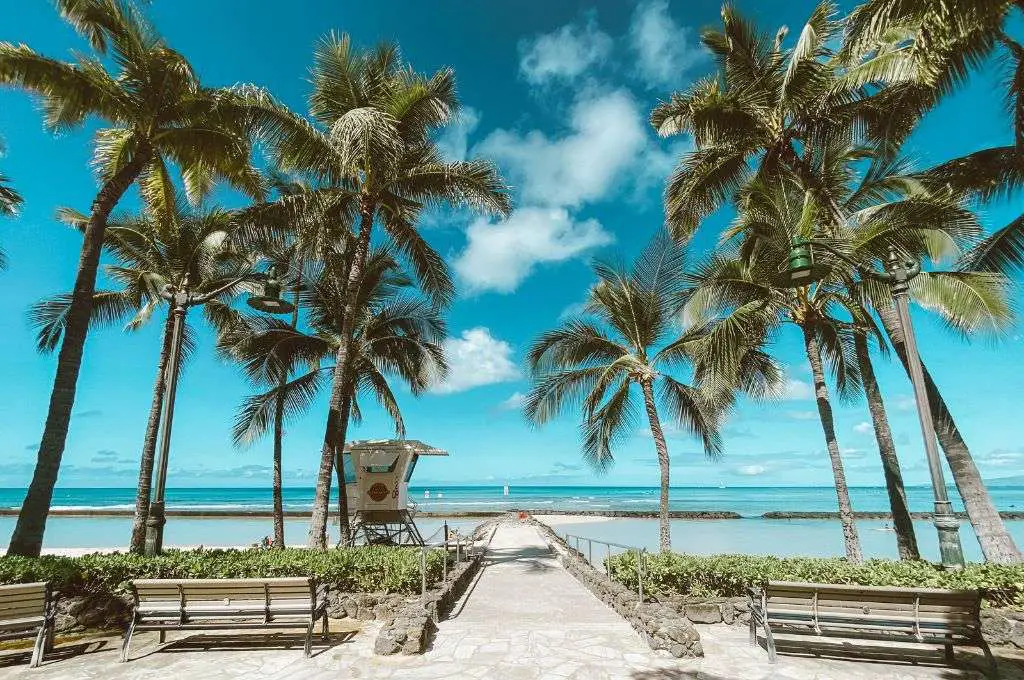
3. Malihini – Newcomer or tourist
Pronounced: mah-lee-hee-nee
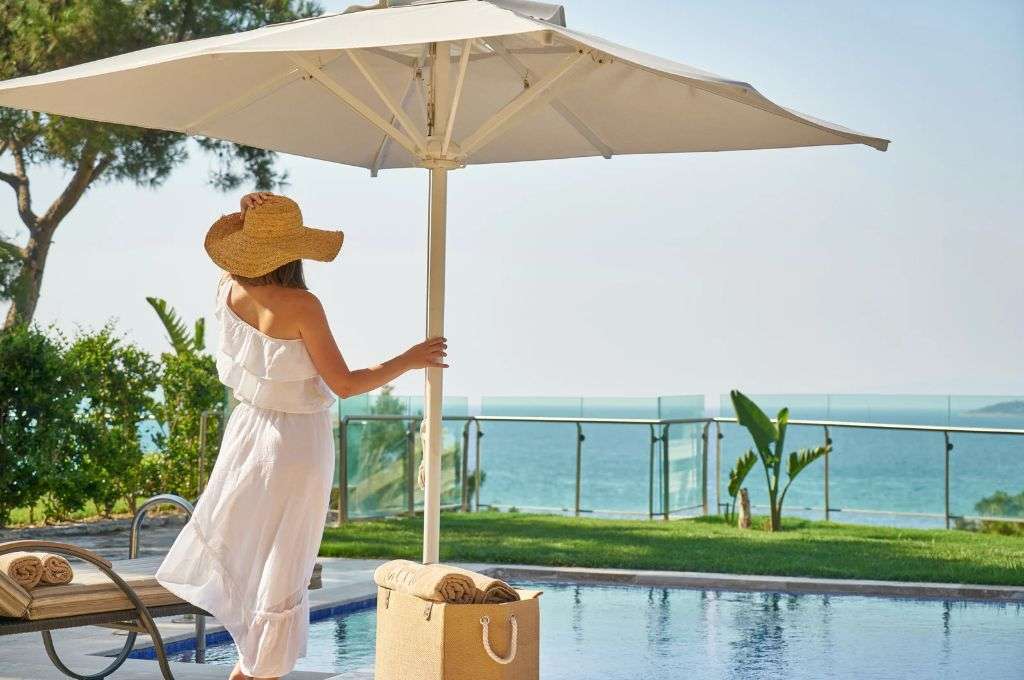
4. Kama’āina – Native-born or a longtime resident of Hawaii
Pronounced: kah-mah-aye-nah
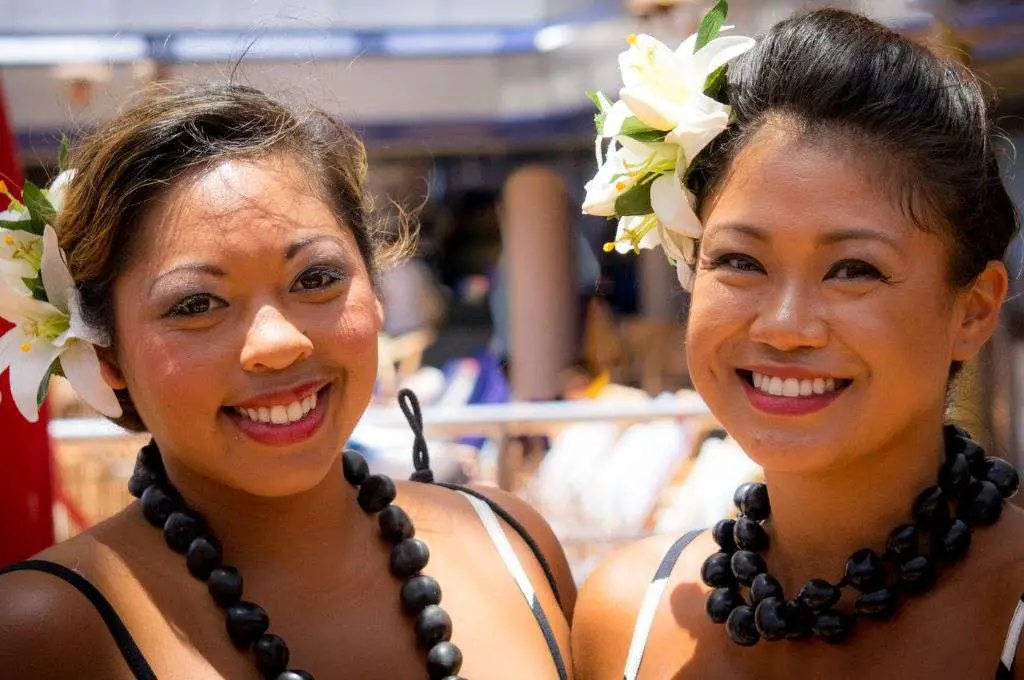
5. Haole – A non-Hawaiian person or foreigner (typically a white person)
Pronounced: how-lee
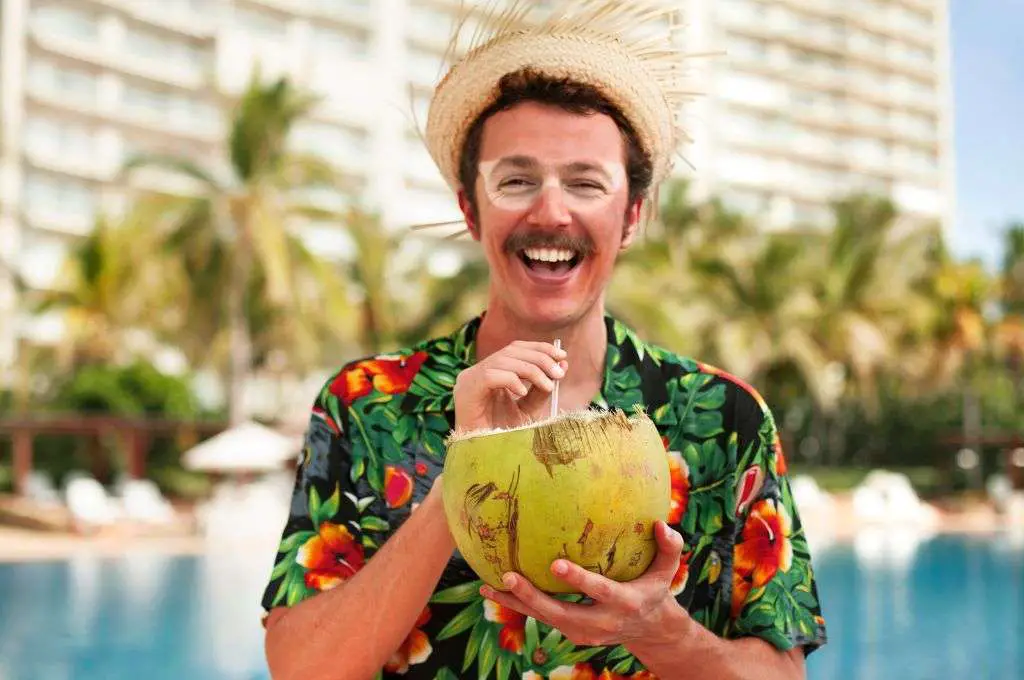
White person, American, Englishman, Caucasian; American, English; formerly, any foreigner; foreign, introduced, of foreign origin, as plants, pigs, chickens; entirely white, of pigs. -source wehewehe.org
6. ʻĀina – land
Pronounced: aye-nah
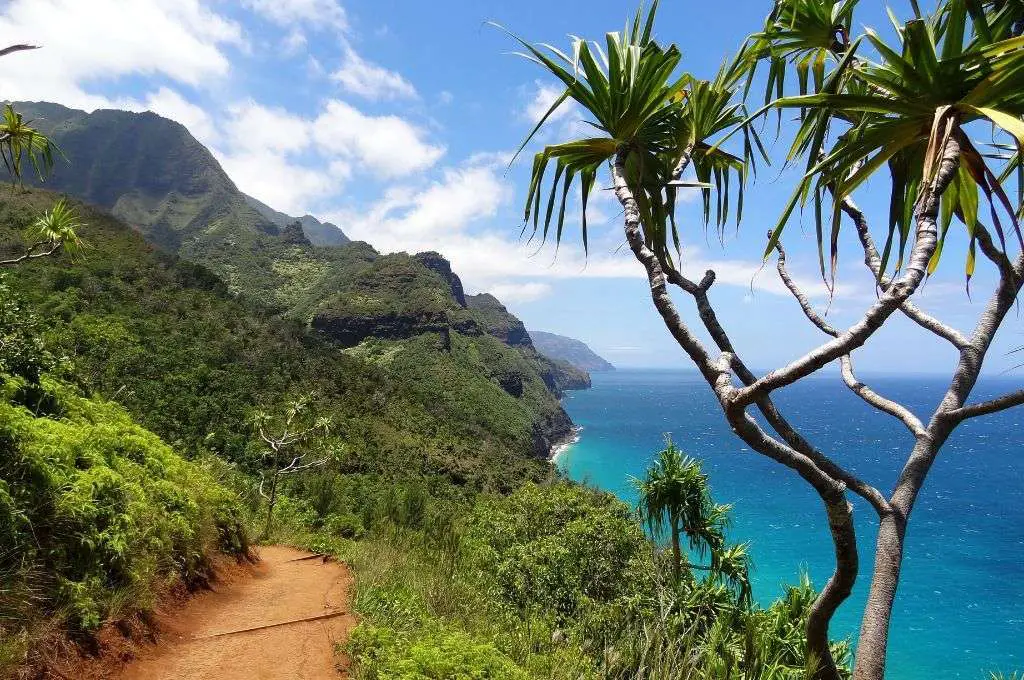
Land, earth. Cf. ʻai, to eat; ʻaina, kamaʻāina. Kō nā ʻāina like ʻole, belonging to foreign lands, foreign, international. -source wehewehe.org
7. Wai – water
Pronounced: vye
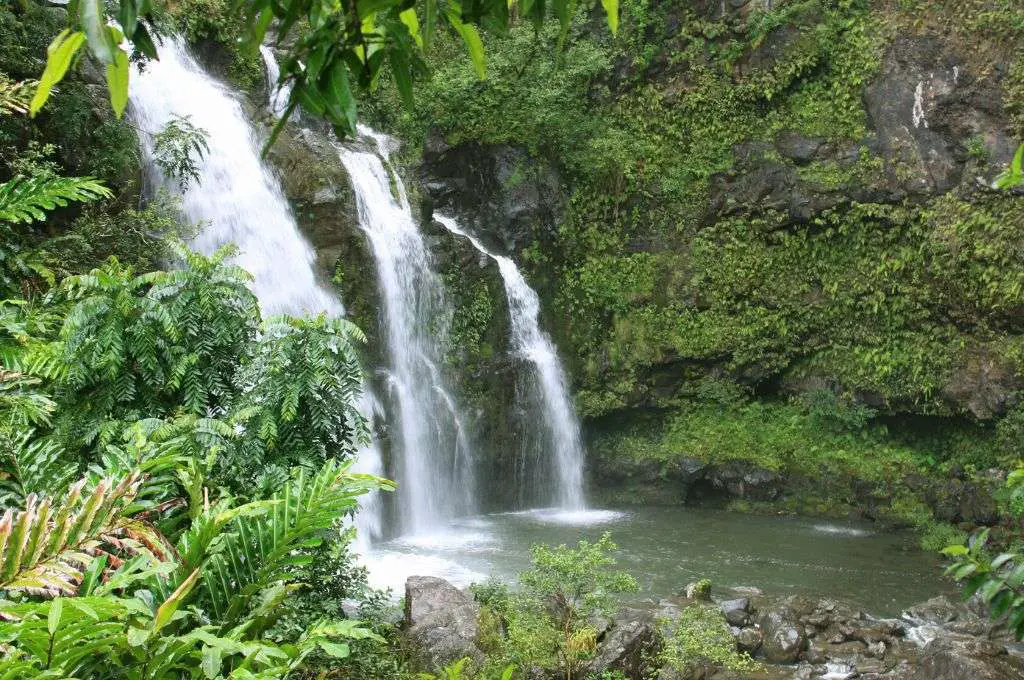
Water, liquid or liquor of any kind other than sea water -source wehewehe.org
8. Kahakai – beach
Pronounced: kah-hah-kye
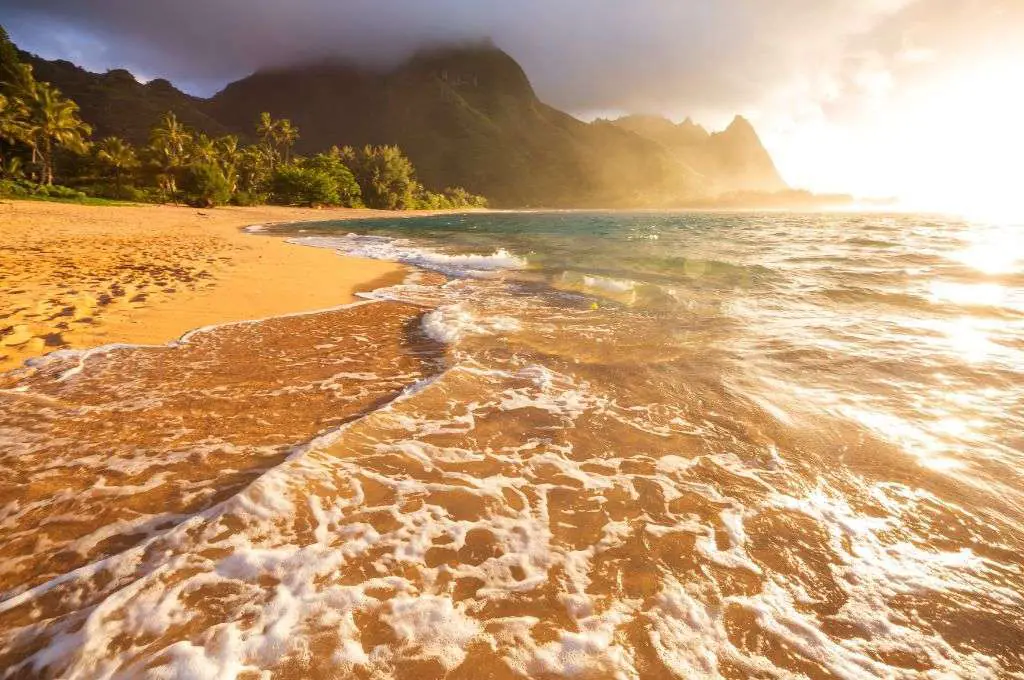
Beach, seashore, seacoast, seaside strand. -source wehewehe.org
9. Mālama – to take care for
Pronounced: ma-la-ma
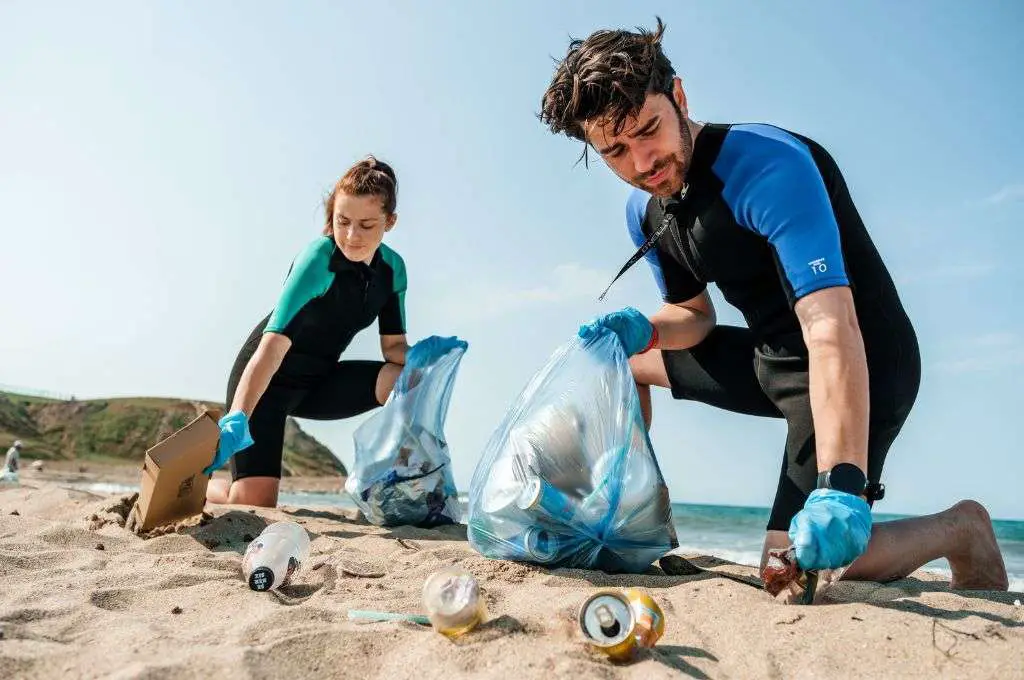
To take care of, tend, attend, care for, preserve, protect, beware, save, maintain; to keep or observe, as a taboo; to conduct, as a service; to serve, honor, as God; care, preservation, support, fidelity, loyalty; custodian, caretaker, keeper. -source wehewehe.org
10. ‘Ono – delicious
Pronounced: oh-noh
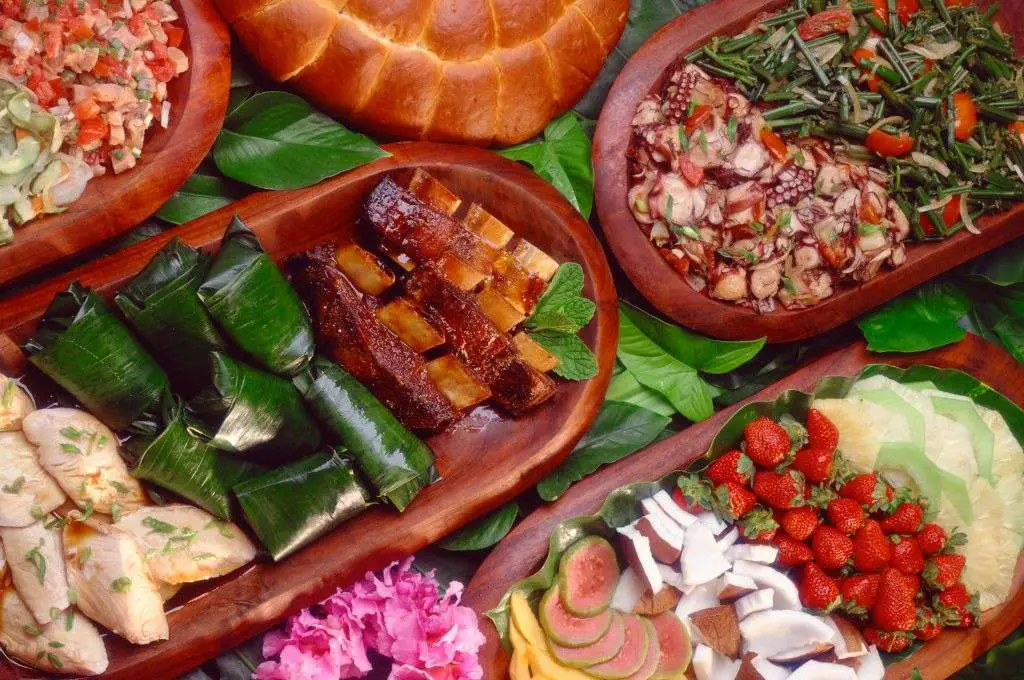
Delicious, tasty, savory; to relish, crave; deliciousness, flavor, savor. -source wehewehe.org
11. Kapu – taboo/keep out
Pronounced: kah-poo
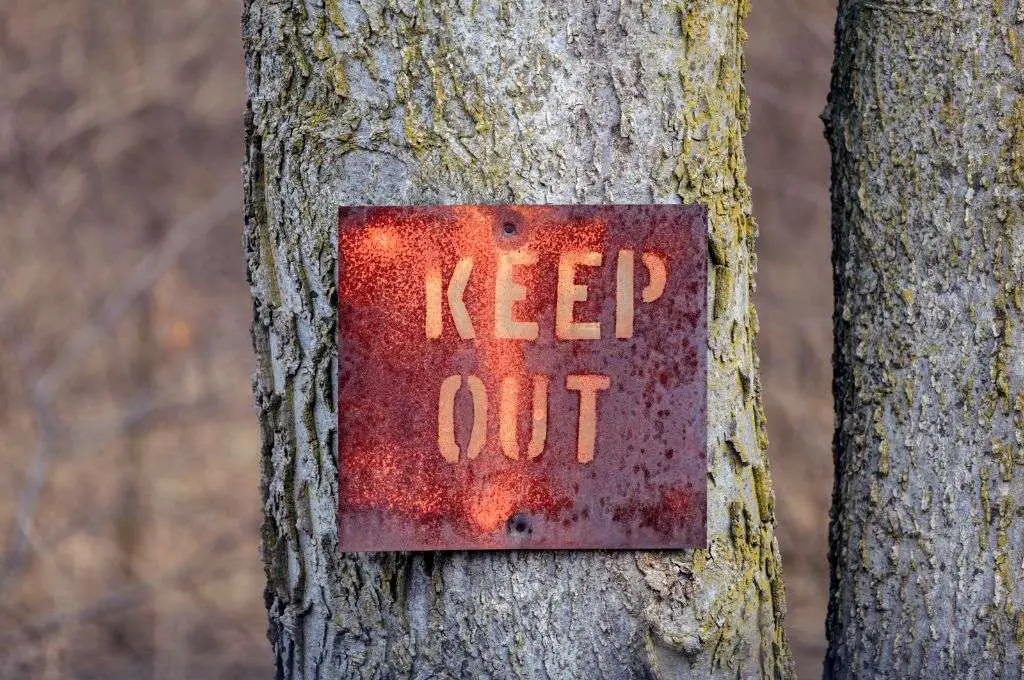
Taboo, prohibition; special privilege or exemption from ordinary taboo; sacredness; prohibited, forbidden; sacred, holy, consecrated; no trespassing, keep out. -source wehewehe.org
12. Kāne – male
Pronounced: kāh-neh
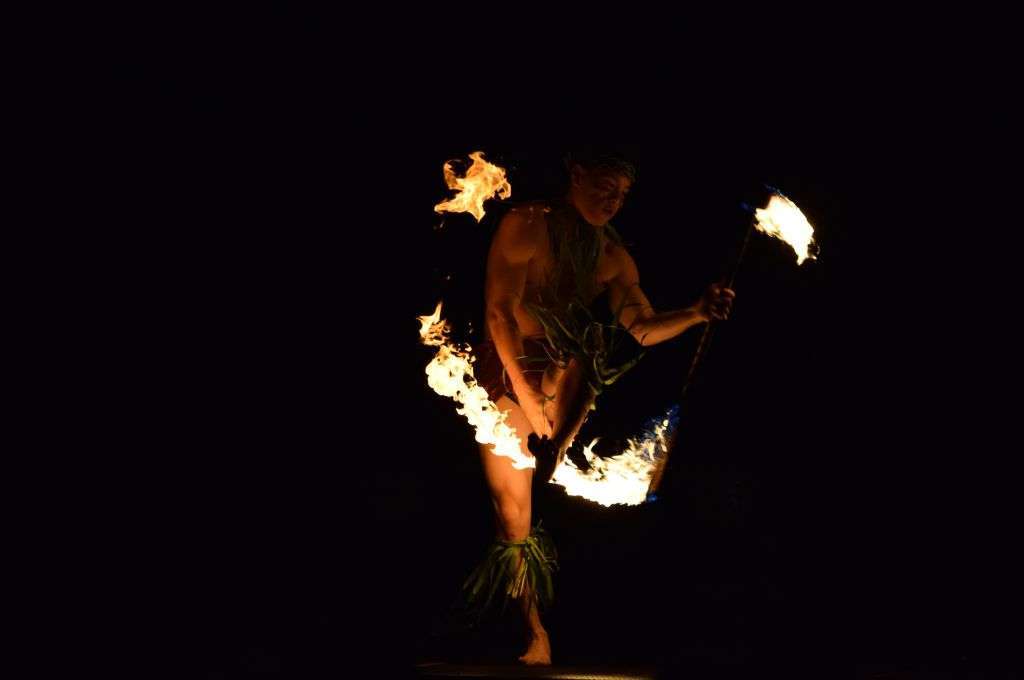
Male, husband, male sweetheart, man; brother-in-law of a woman; male, masculine; to be a husband or brother-in-law of a woman. -source wehewehe.org
13. Wahine – female
Pronounced: wah-hee-neh
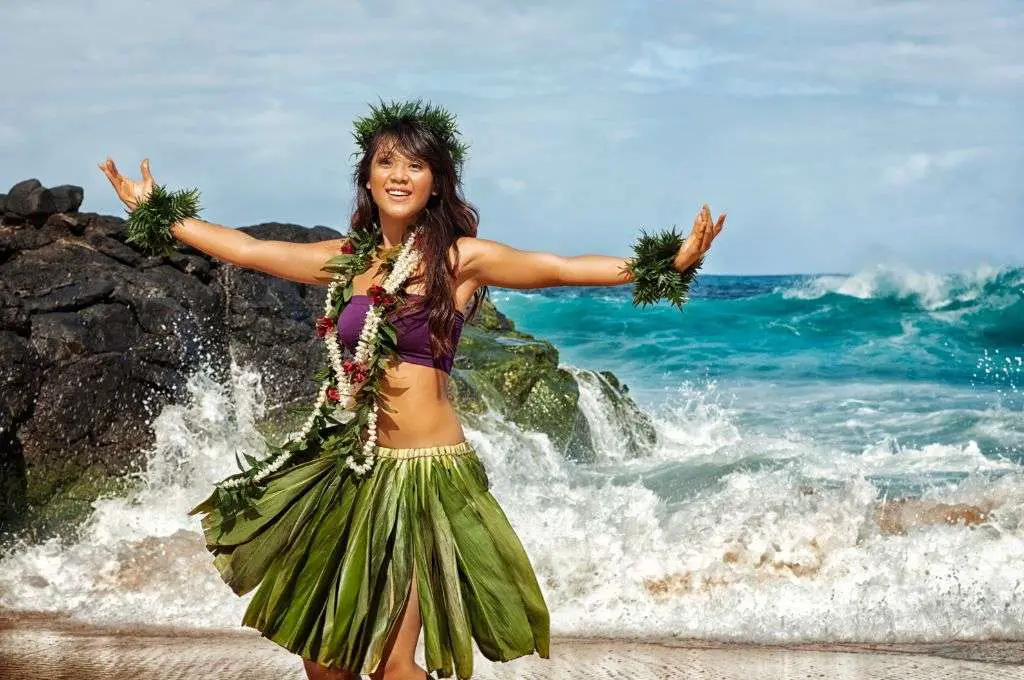
Woman, lady, wife; sister-in-law, female cousin-in-law of a man; queen in a deck of cards; womanliness, female, femininity; feminine. -source wehewehe.org
14. ‘Ohana – family
Pronounced: oh-hah-nah
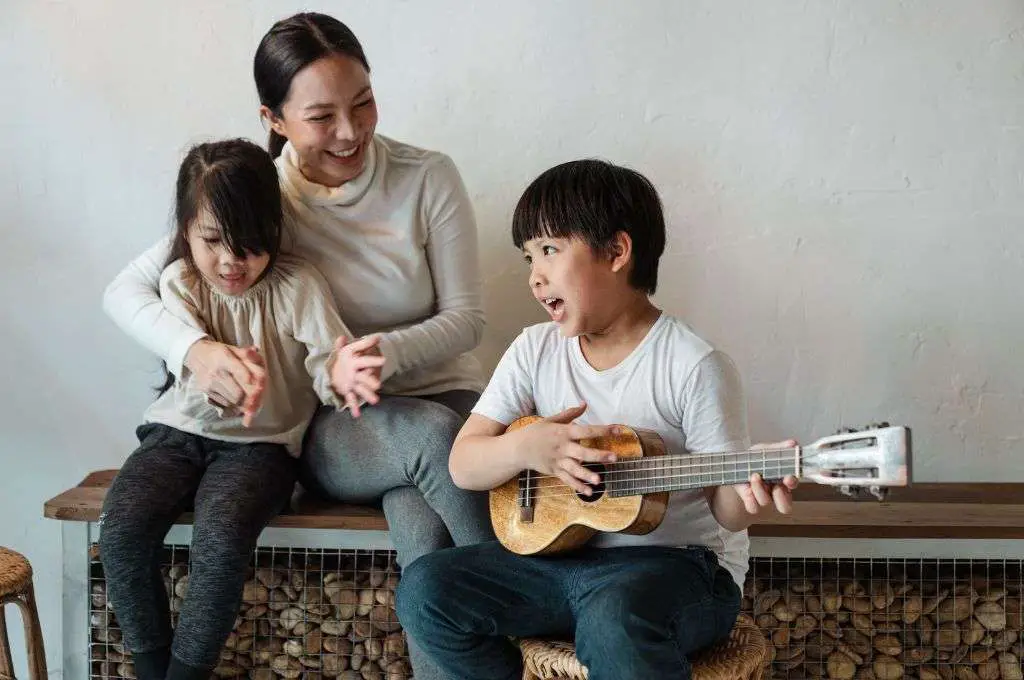
Family, relative, kin group; related. -source wehewehe.org
Resources:
Other episodes you’ll enjoy:
Kahanuola Solatorio Bio
Kahanuola Solatorio is a native of Kewalo Uka, Kona, Oʻaha. Kahanuola received his Bachelor of Arts degree in both Hawaiian Language and Hawaiian Studies and a Masterʻs degree in Elementary Education from the University of Hawaiʻi at Mānoa.
Kahanuola is currently a kumu (teacher) ʻōlelo Hawaiʻi at the Kamehameha High School Kapālama campus and is also a member of the Hawaiian musical group, Keauhou. Kumu Kahanuola began his @ehoopilimai social media journey in 2020 for Mahina ʻŌlelo Hawaiʻi, posting videos to his story teaching ʻŌlelo Hawaiʻi to his mom, “student cousin Cappy”, and his page took off with followers from around the world.
Since then, he has built a community of learners across the pae ʻāina and around the world who participates in his free weekly classes hosted on Zoom and continues to collaborate with our businesses and organizations (like NHSS!) to platform Hawaiian Language in all places possible.
Episode Resources
Kahanuola Solatorio
Travel Pono (responsibly)
Connect With Us
- Send Us a Message with any questions about Hawaii
- Hawaii’s Best Instagram
- Hawaii’s Best Facebook Group
Bumper music, Aloha Friday, provided by Coby G (used with permission)
Spread Aloha
- Leave an honest review on Apple Podcasts. Your ratings and reviews help other people who love Hawaii find this podcast.
- Subscribe on Apple Podcasts.
[fusebox_track_player url=”https://pdcn.co/e/https://chtbl.com/track/2828DE/www.buzzsprout.com/832225/11904982-26-essential-hawaiian-words-and-phrases-for-your-next-vacation-replay.mp3?download=true” social_linkedin=”true” social_pinterest=”true” social_email=”true” ]
[fusebox_transcript]


